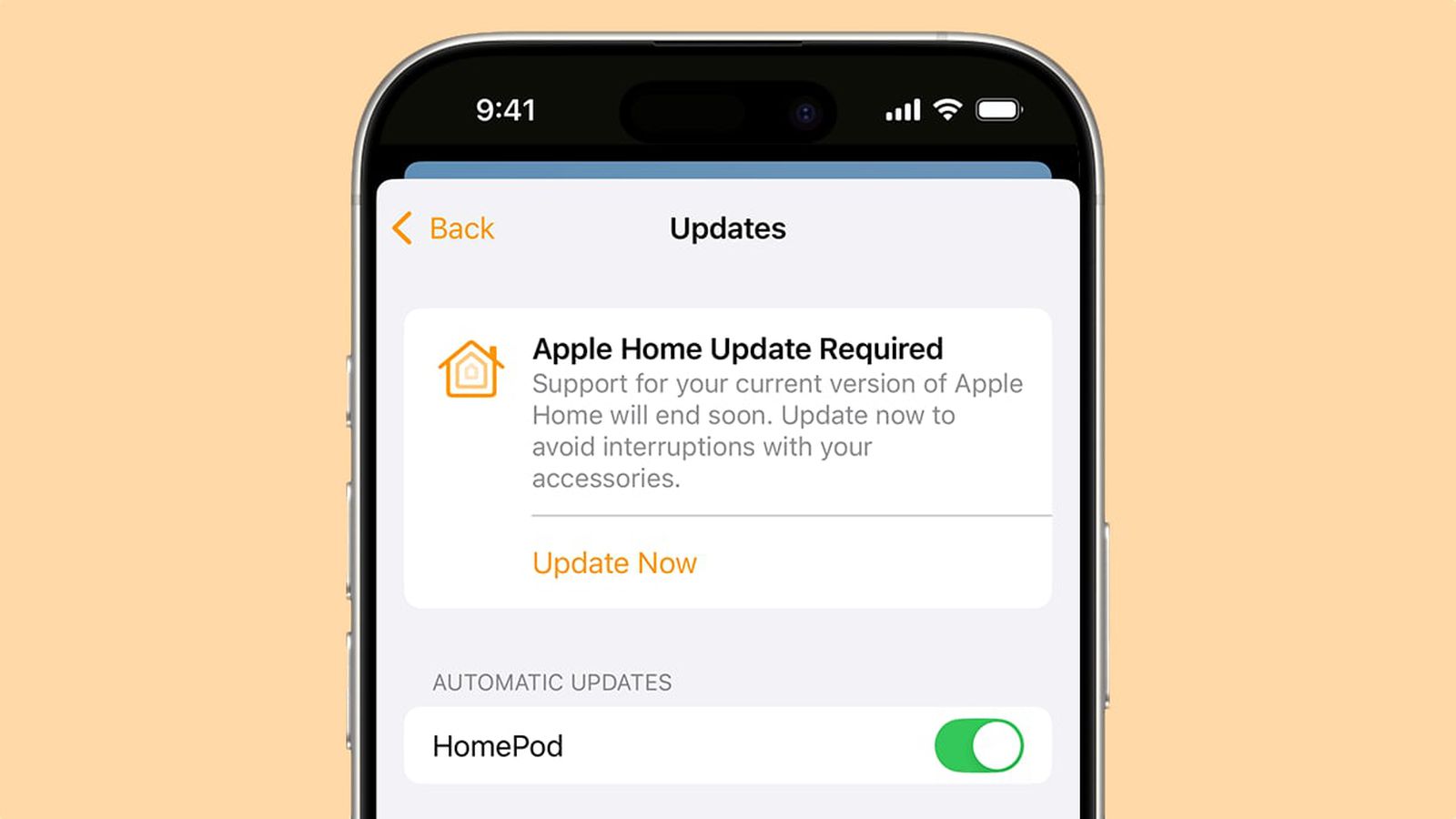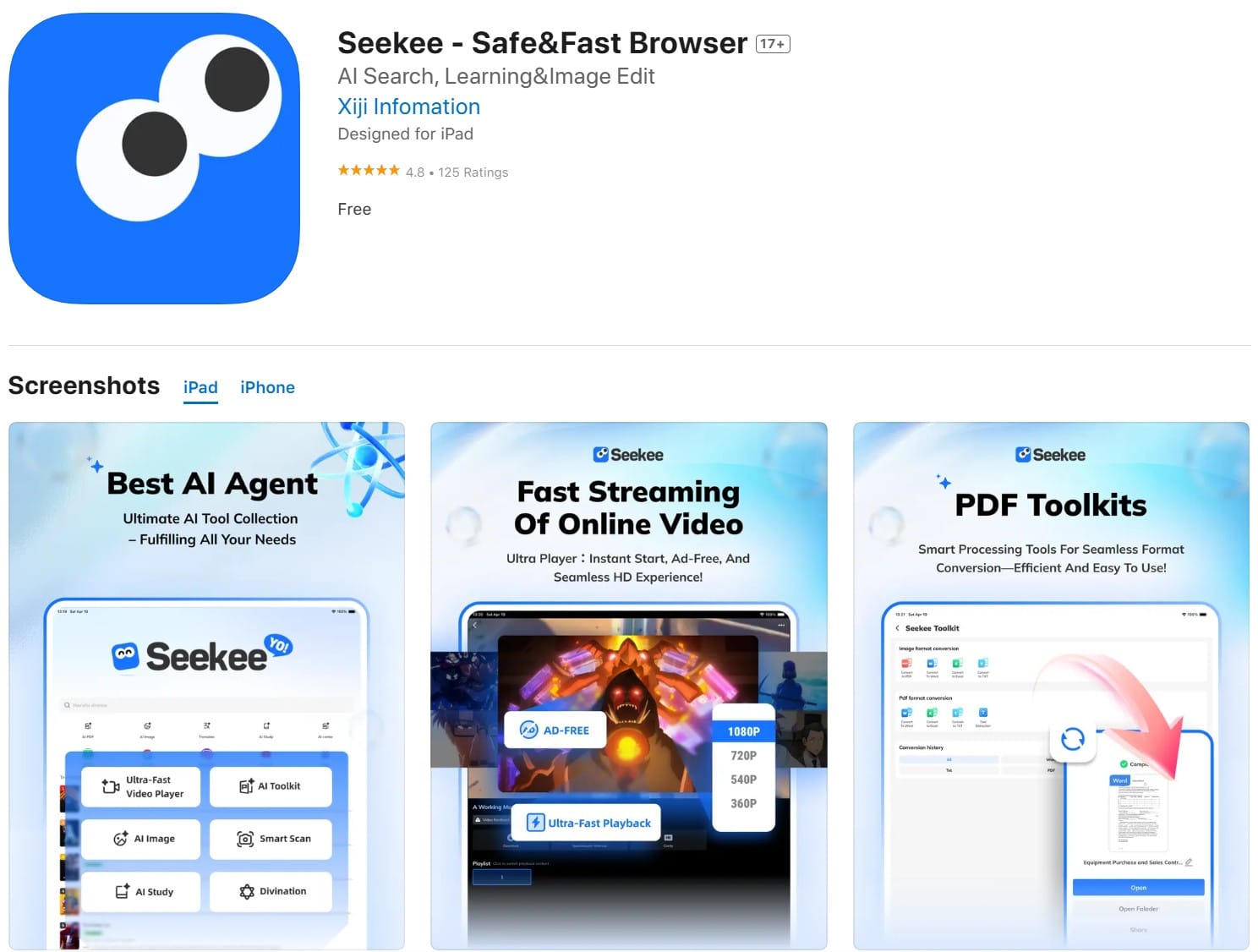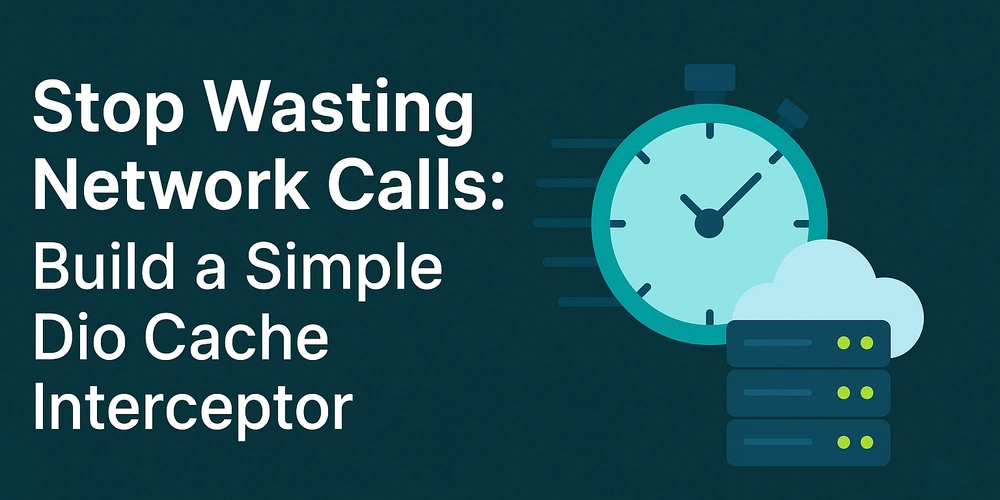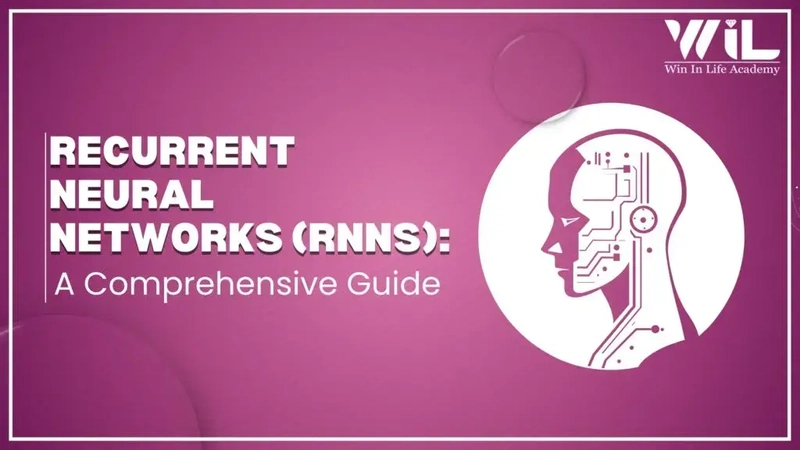The Art of Negotiating Your Software Engineer Salary
In these uncertain times, many tech professionals are exploring ways to secure their financial future amid layoffs, burnout, or a crowded job market. Salary negotiation offers a powerful chance to take control of your earning potential. Negotiating your salary goes beyond a simple chat. It’s a calculated move to unlock the full value you bring to the table. Too often, engineers miss out on thousands because they skip preparation or stumble over strategy. With a clear framework, you can shift that awkward back-and-forth into a confident, data-driven discussion rooted in your worth and impact. Establishing Your Market Position Your negotiation power starts with knowing exactly where you stand. Dive into platforms like Glassdoor, PayScale, and Stack Overflow’s Developer Survey to pin down salary ranges tailored to your role, experience, and location. These sources give you hard numbers to anchor your ask, ensuring it aligns with industry standards. Next, refine your research with location-specific details. Tools like Numbeo reveal how cost-of-living and regional demand shape pay in different areas. This step helps you adjust your expectations to fit economic realities, steering clear of underselling yourself or aiming too high without context. Solid intel sets you up to negotiate with precision. This preparation keeps your pitch realistic yet ambitious, tailored to the market you’re in. Articulating Your Professional Value To negotiate effectively, conduct a self-assessment focusing on three core value dimensions that will strengthen your position: Technical Competencies: Map out your technical strengths by listing every language, framework, and tool you know, rating your proficiency honestly, and noting standout expertise or certifications, like a niche cloud platform or a rare credential, to prove your toolkit justifies top pay. Professional Capabilities: Spotlight broader abilities, such as simplifying tech for non-engineers, collaborating across teams, or tackling problems strategically, and highlight leadership moments, like mentoring a peer, to show you’re a versatile asset beyond just coding. Quantifiable Business Impact: Tie your work to results with specific wins, like slashing deployment time by 35%, saving $250K with a fix, or lifting conversions 12% with a tweak, and include project details like scope and deadlines to back your value with hard numbers. Strategic Timing and Execution Armed with a clear sense of your worth, timing becomes your next edge. Plan your moves carefully to maximize leverage and keep the conversation productive. For new jobs, hold off on salary talk until an offer’s on the table. Waiting until they’re sold on you shifts the focus from proving yourself to defining your value. It’s a subtle power move that pays off. Inside a current role, sync your ask with the budget season. Bringing it up when funds are being allocated makes it easier for your boss to say yes, rather than scrambling mid-cycle. Timing it right shows you’re thinking strategically, not just throwing out a number. Resist the urge to rush in unprepared. Jumping the gun before you’ve built your case can signal desperation, weakening your stance. Instead, lay the groundwork with research and results. Patience here sets the stage for a stronger outcome. Crafting Your Value Narrative Now, pull everything together into a tight pitch that sells your worth. Weave your skills, experience, and wins into a story that makes your ask feel inevitable, not random. Swap vague claims for specifics. Instead of saying you’re skilled, point to that 35% efficiency gain or the $250K cost cut. These examples ground your case in reality, moving the talk from opinion to evidence. Then, link your pitch to what the company cares about, like faster releases or happier customers. Position yourself as a profit-driver, not a salary cost. Listen closely for their hesitations, too, like budget worries, and tweak your angle to solve those. This keeps the vibe collaborative and solution-focused. Comprehensive Package Evaluation As talks wrap up, zoom out to weigh the full deal. Look beyond the paycheck to size up the whole offer with a sharp eye. Dig into benefits like health plans, 401(k) matches, and vacation days. These perks can add serious value, sometimes worth more than a salary bump, so tally them up to see the real picture. Also, balance short-term cash against long-term growth. A slightly lower base might come with training, bigger projects, or a faster track to promotions. Think ahead about how those extras could compound into bigger wins down the road. Navigating Counteroffers When they counter, don’t jump to reply. Ask for a day or two to mull it over. Stepping back keeps you from caving too fast and shows you’re serious about getting it right. Back up your push with your research and results. Point to market data or that conversion bo

In these uncertain times, many tech professionals are exploring ways to secure their financial future amid layoffs, burnout, or a crowded job market. Salary negotiation offers a powerful chance to take control of your earning potential.
Negotiating your salary goes beyond a simple chat. It’s a calculated move to unlock the full value you bring to the table. Too often, engineers miss out on thousands because they skip preparation or stumble over strategy.
With a clear framework, you can shift that awkward back-and-forth into a confident, data-driven discussion rooted in your worth and impact.
Establishing Your Market Position
Your negotiation power starts with knowing exactly where you stand. Dive into platforms like Glassdoor, PayScale, and Stack Overflow’s Developer Survey to pin down salary ranges tailored to your role, experience, and location.
These sources give you hard numbers to anchor your ask, ensuring it aligns with industry standards.
Next, refine your research with location-specific details. Tools like Numbeo reveal how cost-of-living and regional demand shape pay in different areas.
This step helps you adjust your expectations to fit economic realities, steering clear of underselling yourself or aiming too high without context.
Solid intel sets you up to negotiate with precision. This preparation keeps your pitch realistic yet ambitious, tailored to the market you’re in.
Articulating Your Professional Value
To negotiate effectively, conduct a self-assessment focusing on three core value dimensions that will strengthen your position:
Technical Competencies: Map out your technical strengths by listing every language, framework, and tool you know, rating your proficiency honestly, and noting standout expertise or certifications, like a niche cloud platform or a rare credential, to prove your toolkit justifies top pay.
Professional Capabilities: Spotlight broader abilities, such as simplifying tech for non-engineers, collaborating across teams, or tackling problems strategically, and highlight leadership moments, like mentoring a peer, to show you’re a versatile asset beyond just coding.
Quantifiable Business Impact: Tie your work to results with specific wins, like slashing deployment time by 35%, saving $250K with a fix, or lifting conversions 12% with a tweak, and include project details like scope and deadlines to back your value with hard numbers.
Strategic Timing and Execution
Armed with a clear sense of your worth, timing becomes your next edge. Plan your moves carefully to maximize leverage and keep the conversation productive.
For new jobs, hold off on salary talk until an offer’s on the table. Waiting until they’re sold on you shifts the focus from proving yourself to defining your value. It’s a subtle power move that pays off.
Inside a current role, sync your ask with the budget season. Bringing it up when funds are being allocated makes it easier for your boss to say yes, rather than scrambling mid-cycle.
Timing it right shows you’re thinking strategically, not just throwing out a number.
Resist the urge to rush in unprepared. Jumping the gun before you’ve built your case can signal desperation, weakening your stance. Instead, lay the groundwork with research and results.
Patience here sets the stage for a stronger outcome.
Crafting Your Value Narrative
Now, pull everything together into a tight pitch that sells your worth. Weave your skills, experience, and wins into a story that makes your ask feel inevitable, not random.
Swap vague claims for specifics. Instead of saying you’re skilled, point to that 35% efficiency gain or the $250K cost cut. These examples ground your case in reality, moving the talk from opinion to evidence.
Then, link your pitch to what the company cares about, like faster releases or happier customers. Position yourself as a profit-driver, not a salary cost.
Listen closely for their hesitations, too, like budget worries, and tweak your angle to solve those. This keeps the vibe collaborative and solution-focused.
Comprehensive Package Evaluation
As talks wrap up, zoom out to weigh the full deal. Look beyond the paycheck to size up the whole offer with a sharp eye.
Dig into benefits like health plans, 401(k) matches, and vacation days. These perks can add serious value, sometimes worth more than a salary bump, so tally them up to see the real picture.
Also, balance short-term cash against long-term growth. A slightly lower base might come with training, bigger projects, or a faster track to promotions.
Think ahead about how those extras could compound into bigger wins down the road.
Navigating Counteroffers
When they counter, don’t jump to reply. Ask for a day or two to mull it over. Stepping back keeps you from caving too fast and shows you’re serious about getting it right.
Back up your push with your research and results. Point to market data or that conversion boost you delivered. Facts keep it objective, not personal, and strengthen your stance.
Treat the process like a team effort, not a showdown. Frame it as finding a win for both sides, which sets a positive tone for your working relationship. This mindset often nudges things your way without burning bridges.
It’s Time to Take Action
Your career advancement isn't merely about your technical skills. It requires strategic positioning and value articulation.
The strategies outlined here have been validated through thousands of dollars of professional coaching and real-world testing to identify what consistently produces results in today's tech industry.
…
Want to create 10x more impact with the same time and effort? Check out the Tech Leader Leverage System - including practical frameworks, strategic roadmaps, and proven methodologies to multiply the results you create through your skills and experience. You won’t regret it.






































































































































































![[The AI Show Episode 145]: OpenAI Releases o3 and o4-mini, AI Is Causing “Quiet Layoffs,” Executive Order on Youth AI Education & GPT-4o’s Controversial Update](https://www.marketingaiinstitute.com/hubfs/ep%20145%20cover.png)




























































































































![Ditching a Microsoft Job to Enter Startup Purgatory with Lonewolf Engineer Sam Crombie [Podcast #171]](https://cdn.hashnode.com/res/hashnode/image/upload/v1746753508177/0cd57f66-fdb0-4972-b285-1443a7db39fc.png?#)



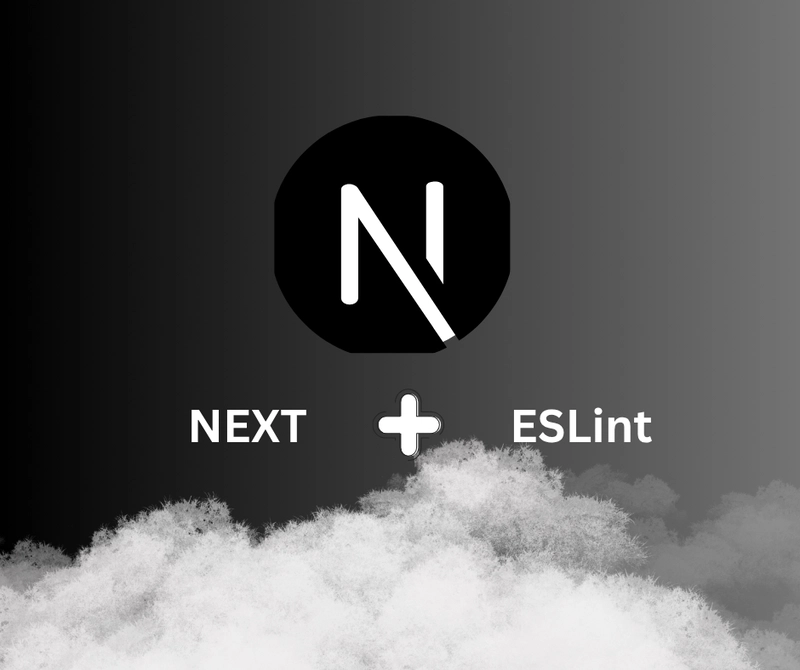





































































































































_Piotr_Adamowicz_Alamy.jpg?width=1280&auto=webp&quality=80&disable=upscale#)















































































































![Samsung's New Galaxy S25 Edge Takes Aim at 'iPhone 17 Air' [Video]](https://www.iclarified.com/images/news/97276/97276/97276-640.jpg)
![Apple to Launch AI-Powered Battery Saver Mode in iOS 19 [Report]](https://www.iclarified.com/images/news/97309/97309/97309-1280.jpg)

![Apple Officially Releases macOS Sequoia 15.5 [Download]](https://www.iclarified.com/images/news/97308/97308/97308-640.jpg)










































